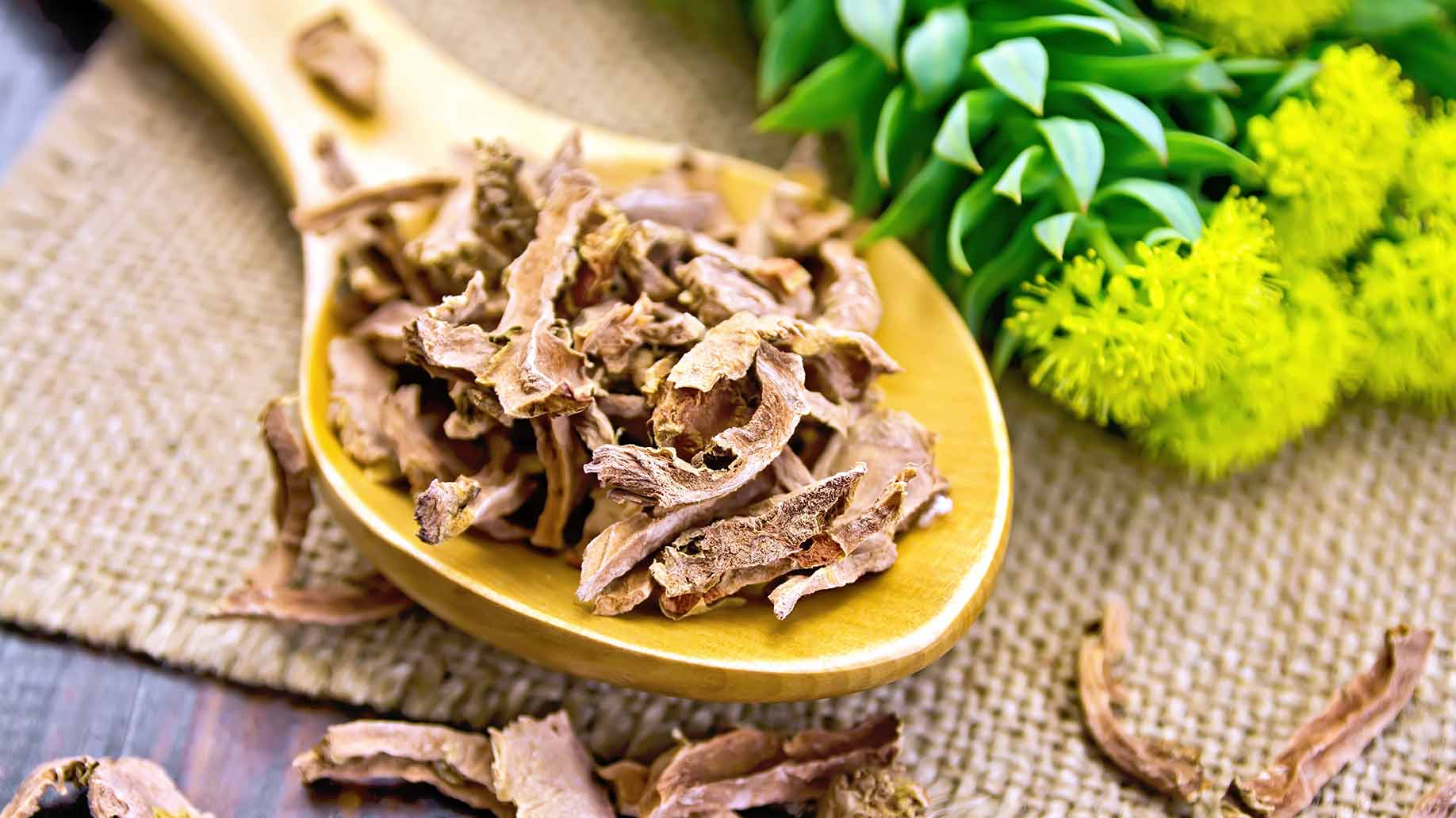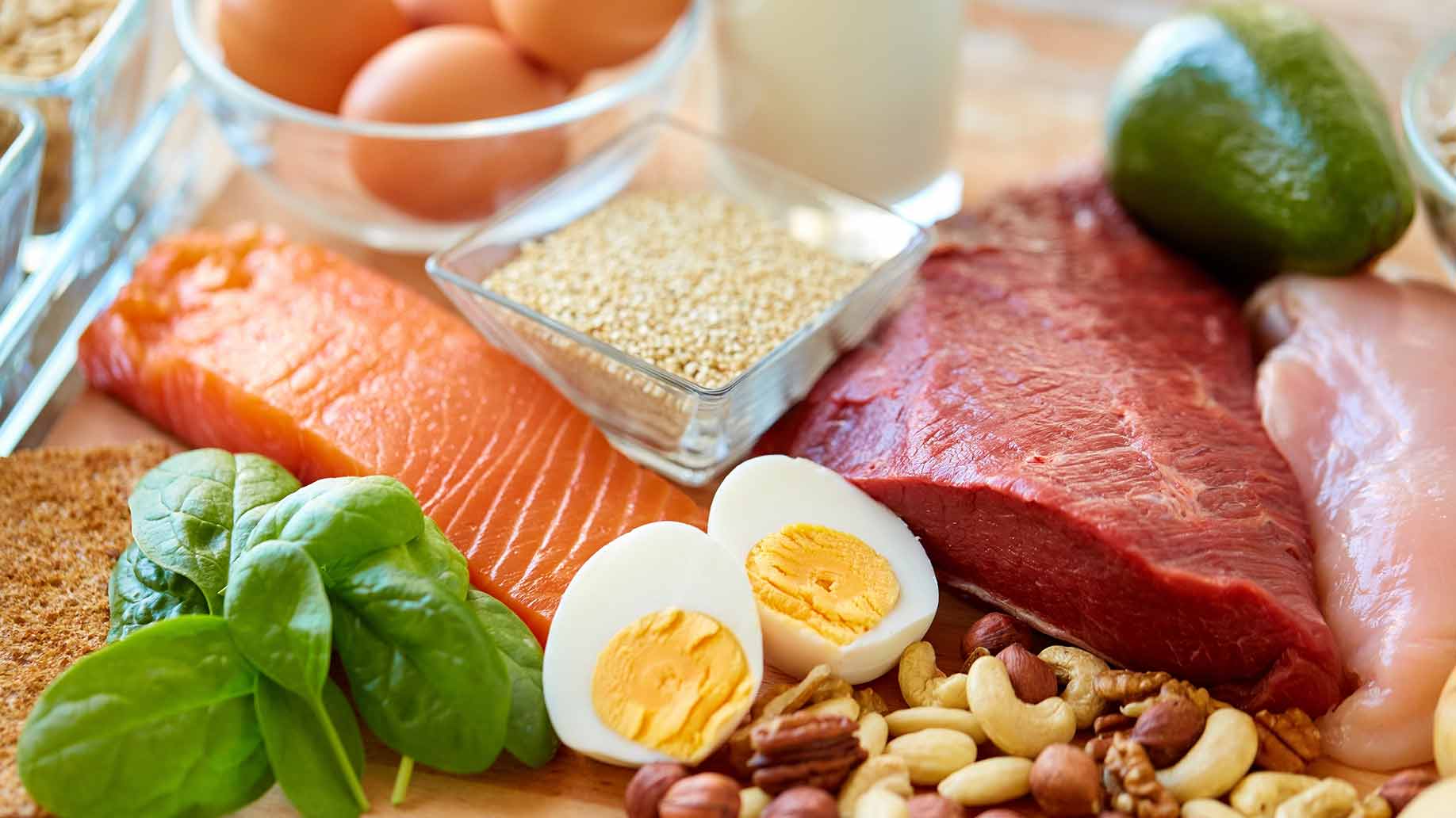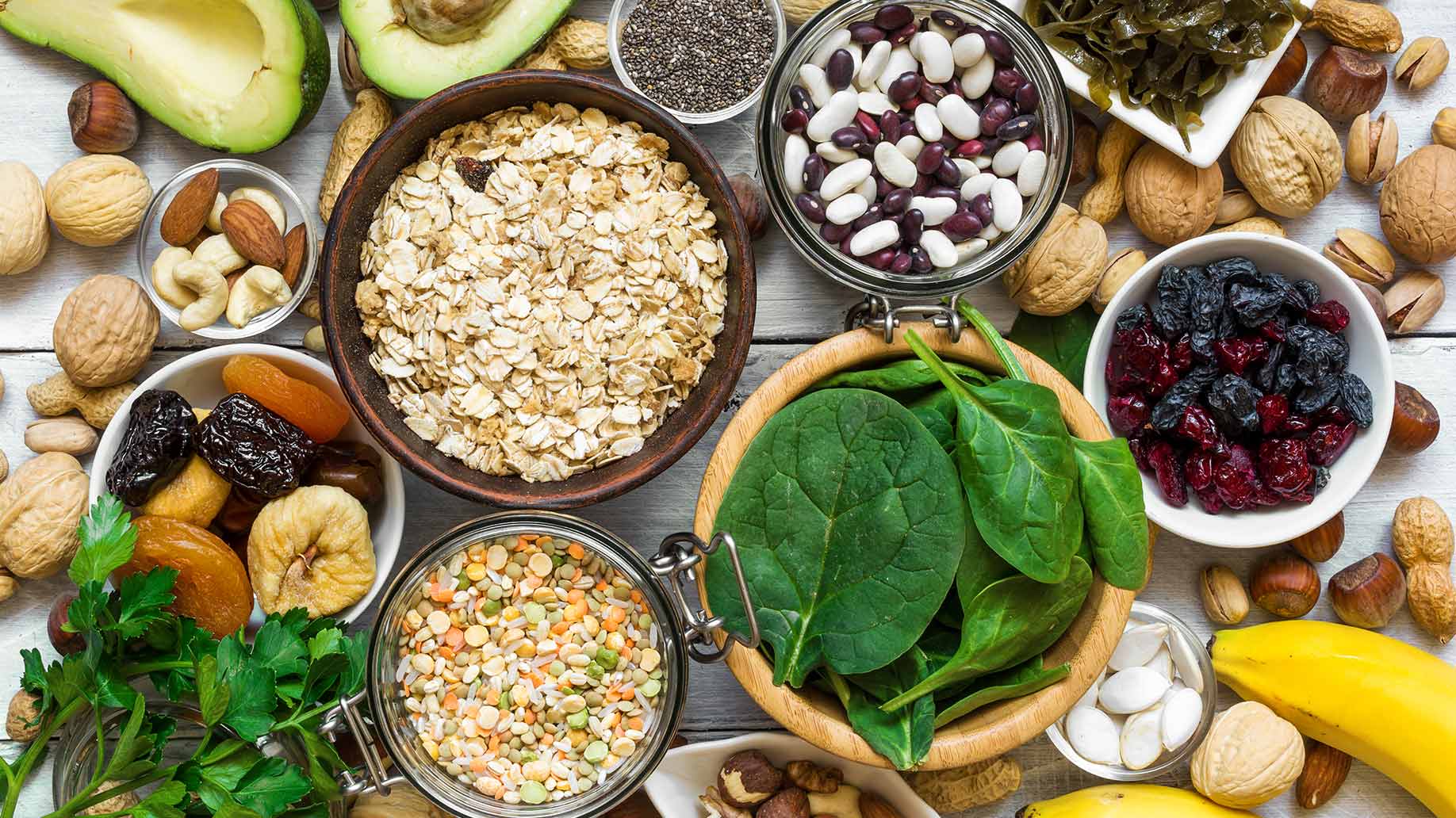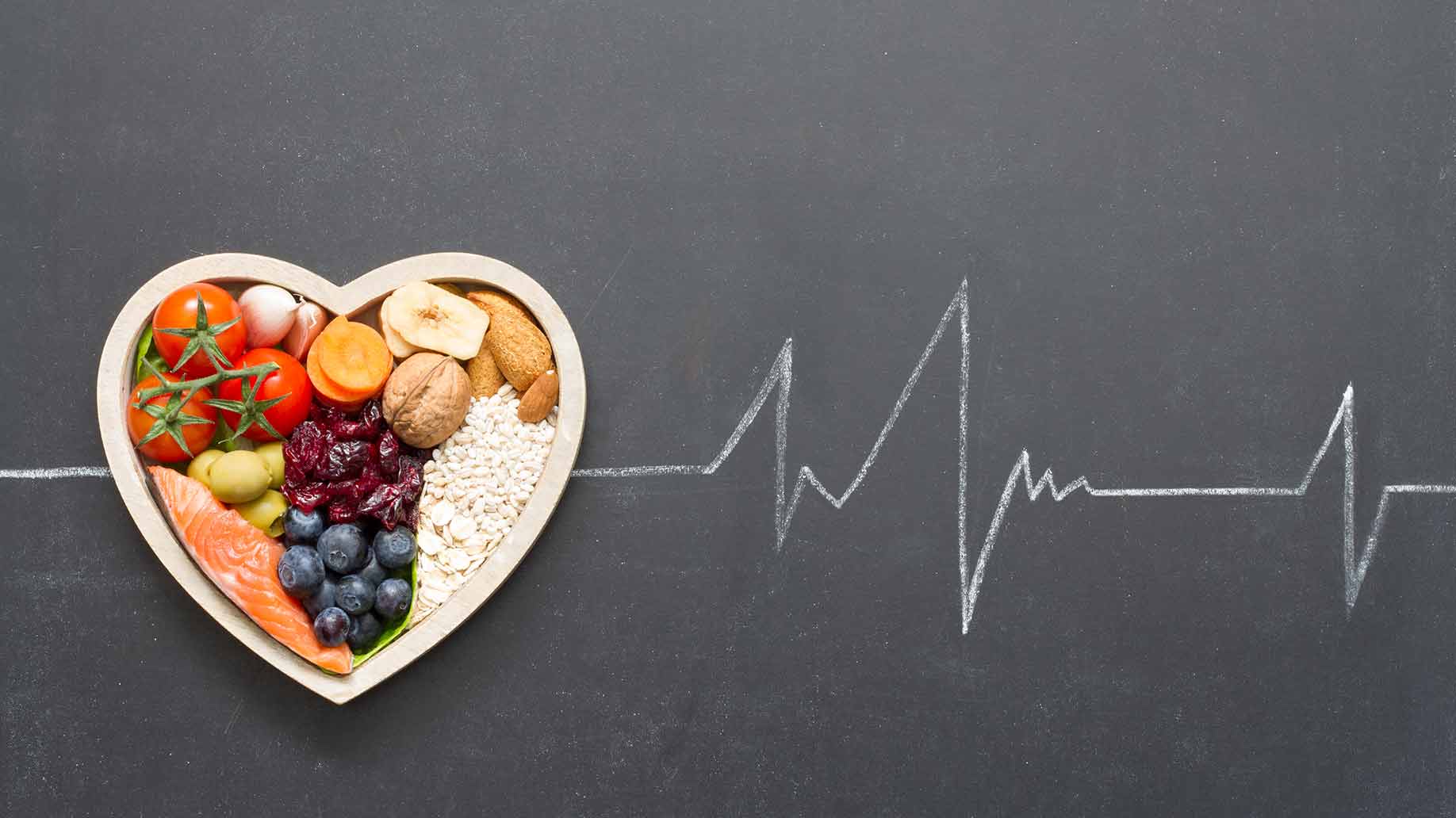Modern hectic lifestyles often leave people feeling worn-out and drained. Fast food, sedentary lifestyles, poor sleep quality and chronic stress all contribute to day-time exhaustion.
Trying to balance work, family responsibilities and relationships can lead to mental, emotional and physical fatigue. When you’re feeling sluggish and unenergetic, routine tasks become daunting and you may lack the motivation to participate in activities you enjoy.
Fortunately, there are several natural remedies that can recharge your batteries and help to give you sustained energy and focus throughout the day.
7 Science-Backed Ways to Boost Your Energy
1. Rhodiola Rosea

Rhodiola rosea is a medicinal herb that grows in cold climates. It is most commonly used to alleviate fatigue and physical and mental stress.
Rodent research indicates that that rhodiola interacts with the hypothalamic-pituitary-adrenal axis, the body’s stress system, and reduces levels of stress-related hormones, enzymes and proteins. Laboratory studies have shown that rhodiola inhibits the action of monoamine oxidases, enzymes that break down neurotransmitters involved in regulating mood and energy.
A pilot study published in Phytomedicine investigated the stimulating effect of rhodiola rosea in students. The participants were randomized to receive either 50 mg of rhodiola extract or a placebo daily for 20 days during a stressful examination period. Their physical and mental performance were assessed before and after the trial.
Compared to the control group, the rhodiola group showed significant improvements in mental energy, physical fitness and neuro-motor test performance. They also reported significantly better general well-being. The researchers note that the 50 mg dose level was probably suboptimal.
A crossover study published in Phytomedicine examined the effect of rhodiola rosea on fatigue during night duty among a group of 56 healthy physicians. Before and after night shifts the doctors took 5 different tests to measure their overall level of mental fatigue. The tests measured aspects of cognition such as short-term memory, concentration, calculation, associative thinking and perception.
In a double-blind trial the physicians were randomized to receive either a 175 mg of rhodiola extract supplement or a placebo for 2 weeks. After a two-week break they were given the alternative treatment. Rhodiola supplementation significantly improved cognitive testing performance following night shifts.
A clinical trial published in Planta Medica assessed the efficacy of rhodiola rosea in the treatment of individuals suffering from stress-related fatigue. A total of 60 men and women diagnosed with fatigue syndrome were randomized to receive either 576 mg of rhodiola extract tablets or placebo tablets daily for 4 weeks. Before and after the trial the participants took a series of tests measuring mood, attention and symptoms of fatigue. They also took saliva tests to determine levels of the stress hormone cortisol.
Compared with the placebo group, the rhodiola group had significant improvements in symptoms of fatigue and in mental performance, particularly the ability to concentrate. They also had significantly reduced levels of cortisol.
Method: Rhodiola rosea root extract supplements come in capsules or tablets in strengths that range between 100-500 mg. The standard dose is a 200 mg supplement taken twice daily.
Recommended:
2. Asian Ginseng

Asian ginseng, also known as panax ginseng or Korean ginseng, is thought to reduce fatigue and improve cognitive performance due to its antioxidant properties.
One study found that participants with unexplained chronic fatigue had a 4-fold greater level of malondialdehyde, a marker of oxidative stress, in comparison with healthy subjects. Treatment with Asian ginseng significantly reduced levels of oxidative stress markers after 4 weeks.
A randomized controlled trial published in Alternative and Complementary Medicine investigated the anti-fatigue effects of a ginseng extract in healthy adults. A total of 52 subjects were allocated to one of two groups. The treatment group received 2 grams per day of a ginseng extract modified with enzymes to intensify biological activity. The control group received a placebo. Before and after the trial all of the participants rated their fatigue level using a standardized survey. After 4 weeks, the ginseng extract group’s fatigue score decreased significantly compared to the control group.
A clinical trial published in PLOS One investigated the antifatigue effects of Asian ginseng in 90 men and women with medically unexplained chronic fatigue. Participants were randomized into 3 groups and assigned to receive ginseng extract capsules in a dose of 1 or 2 grams daily or placebo capsules for 4 weeks. At the start and end of the study, participants rated their fatigue on a scale of 1-10 and also completed a questionnaire about severity of mental and physical symptoms of fatigue.
Subjects in the high-dose ginseng group had a significant drop in their 1-10 fatigue rating from an average of 7.3 down to 4.4. Severity scores for symptoms of mental fatigue were significantly improved for both ginseng groups compared the placebo group, falling by approximately 25%.
A crossover study published in the Journal of Psychopharmacology examined the effect of ginseng on cognitive performance during mentally demanding tasks. Researchers recruited 27 healthy young adults and gave them a 10-minute test that involved mental subtraction and rapid visual information processing.
Each participant took a 200 mg ginseng supplement, a 400 mg ginseng supplement or a placebo in random order on different test days. One hour after taking the ginseng or placebo, they completed the cognitive demand test 6 times in immediate succession and rated their level of mental fatigue each time.
Compared to placebo, ginseng enhanced performance on the mental arithmetic task and reduced the increase in feelings of mental fatigue during the later stages of the cognitively demanding task performance.
Method: Choose a Panax ginseng root extract tablet standardized to 4-8% gingenosides. Take 200-400 mg daily for an energy boost. Alternatively, take a ginseng supplement an hour before attempting a stressful mental task.
Recommended:
3. Tyrosine

Tyrosine is an amino acid used by the body to make proteins. It is naturally found in dairy products and a variety of protein foods. (Its name comes from the Greek word for cheese.)
Research has shown that tyrosine facilitates the production of stimulatory neurotransmitters in the brain which can be depleted by stress and fatigue. In particular, it increases levels of norepinephrine which mobilizes the body and brain for action by releasing energy stores and increasing arousal and alertness.
A double-blind study published in the Brain Research Bulletin examined the effects of tyrosine on cognitive performance during a demanding combat training course. A total of 21 military cadets were randomized to receive 5 daily doses of either a protein-rich drink containing 2 grams of tyrosine or a carbohydrate rich drink with the same amount of calories.
Before starting the combat course, the cadets completed cognitive tests. When they were retested on the 6th day of training, the group given tyrosine performed significantly better on tasks that tested alertness and memory. The researchers conclude that, in circumstances characterized by psychosocial and physical stress, supplementation of tyrosine may reduce the effects of stress and fatigue on cognitive performance.
A randomized controlled trial conducted by the Naval Aerospace Medical Research Laboratory examined the behavioral effects of tyrosine during an episode of continuous night-time work. The workers remained awake throughout the day on which the experiment began. They performed a battery of performance tasks and mood assessments at 9 intervals starting at 7:30 PM and ending at 8:20 AM. All of the participants were awake for more than 24 hours by the end of testing.
After 6 hours, half of the subjects received 150 mg of tyrosine per kilogram of body weight and half received a placebo. As the night went on, the tyrosine group had significantly less decline in performance on tasks designed to measure sustained attention and vigilance. The cognitive improvements lasted approximately 3 hours.
A study published in Nutrients investigated the cognitive and mood effects of a nutrient enriched breakfast bar containing tyrosine. A total of 95 healthy adults were randomized to receive either breakfast bars containing 279 mg of tyrosine, vitamins and other nutrients or placebo breakfast bars matched in terms of calories, fiber, sugars and protein. They were instructed to eat one bar daily for 8 weeks.
At the beginning and end of the trial, cognitive function and mood were assessed before consuming the bars and at 40 minutes and 2 hours afterwards. The selection of 14 cognitive tasks was chosen to provide a broad assessment across different domains. They also completed a standardized depression, anxiety and stress questionnaire.
The effect of the tyrosine breakfast bars on mood was apparent 40 minutes after consumption with a significant increase in alertness. Performance was enhanced on tasks that tested attention, long-term and short-term memory, concentration and rapid information processing. The effect of the bars was immediate, rather than cumulative, with similar improvements on day 1 and day 56.
Method: Meat (beef, lamb, pork, poultry) is the best dietary source of tyrosine. Other good sources are fish, eggs, cheese, yogurt, beans and peanuts.
If you have a relatively low-protein diet or are regularly subject to physical or psychological stress, L- tyrosine supplements could help reduce fatigue and increase alertness. Take a 500 mg capsule daily.
An L- tyrosine supplement capsule taken 40 minutes before a demanding, stressful task can help enhance your performance.
Recommended:
4. Peppermint Oil Aromatherapy

Many people find the aroma of peppermint invigorating and there appears to be a biological basis for this.
Studies suggest that components of peppermint oil act as central nervous system stimulants. Other research has also shown that inhaling peppermint improves lung capacity, supplying more oxygen to the brain.
A preliminary study published in the International Journal of Psychophysiology investigated the effect of peppermint oil on daytime sleepiness. Changes in pupil size in darkness can be can be used as a reliable objective measure of sleepiness. Researchers analyzed pupillary fatigue oscillations in subjects during 11 minutes spent in a darkened room with or without the aroma of peppermint oil. Compared with a no-odor condition, peppermint oil significantly limited the increase in sleepiness.
Another study published in the International Journal of Technology investigated the effects of peppermint aromatherapy on performance and fatigue in complex air traffic control tasks. A total of 16 participants performed tasks using air traffic control simulation software for 2 hours with and without peppermint aroma.
The subject’s performance was recorded by the software. Their fatigue levels were measured using a heart rate monitor, electroencephalograph (EEG) and a reaction-time testing device. Peppermint aroma significantly improved simulation performance. It also significantly inhibited fatigue development according to all measures.
A third study published in the International Journal of Neuroscience examined the impact essential oils on cognition and mood in healthy participants. A total of 144 participants were randomly assigned to a peppermint aromatherapy group, a ylang-ylang aromatherapy group or a control group.
Before and after treatment with essential oils the participants took a battery of computer-based cognitive tests and a mood assessment. Peppermint was found to enhance memory and increase alertness. Ylang-ylang decreased memory and alertness, but increased calmness.
A small pilot study published in the Journal of Alternative and Complementary Medicine examined the effectiveness of a mixture of peppermint, basil and helichrysum essential oils on mental exhaustion. Researchers recruited 14 participants and randomized them to receive personal inhalers containing either the essential oils mixture or a rosewater placebo.
The subjects used the inhalers at home and at work for 5 days. Throughout the study they rated their feelings of mental fatigue or burnout on a 10-point scale 3 times a day. The aromatherapy group had a much greater reduction in perceived level of mental fatigue and burnout than the control group.
Method: To fill a room with peppermint aroma, add a few drops of peppermint essential oil to a reed diffuser, candle diffuser or electric diffuser.
Essential oil personal nasal inhaler sticks are available online from shops that stock aromatherapy supplies. Simply add 5 drops of peppermint oil and seal. Keep the inhaler in your pocket or purse and breathe in peppermint aroma whenever you need an energy boost.
Recommended:
5. Magnesium

According to the National Institutes of Health (NIH), dietary surveys of Americans consistently show that the majority of people get less than the recommended amounts of magnesium from their diet.
Magnesium is required to activate ATP, the fundamental unit of energy within cells, and to metabolize nutrients into energy. Some of the symptoms of magnesium deficiency, such as weakness, tiredness and muscle pain are similar to those found in chronic fatigue syndrome.
A clinical trial published in the Lancet tested magnesium treatment for chronic fatigue syndrome (CFS). The researchers started with a case-control study to determine whether patients with CFS were deficient in magnesium. They found that CFS patients had significantly lower magnesium levels in their red blood cells compared to healthy controls matched for age and sex. They then randomly allocated 32 CFS patients to receive magnesium sulphate injections or placebo water injections once a week for 6 weeks. Before and after treatment the patients filled in a health profile questionnaire.
Patients treated with magnesium reported improved energy levels, less pain and better emotional state. In half the patients the energy score improved from the minimum to the maximum. In the magnesium group, 80% of patients said that they had benefited from the injections compared to 18% of those in the placebo group.
A study published in the Journal of Nutrition examined the effects of dietary magnesium restriction on physiologic responses during exercise in postmenopausal women. Older women often consume less than the required amount of magnesium. Researchers recruited 10 women aged 45–71 y old and put them on a low magnesium diet.
After 93 days of magnesium depletion, their heart rate, oxygen uptake and carbon dioxide output were monitored while they pedaled an exercise bike until they reached 80% of the peak heart rate for their age. They then were supplemented with 200 mg of magnesium per day for 49 days to restore normal magnesium levels and the exercise test was repeated.
Magnesium intake affected cardiovascular and metabolic responses during exercise. Oxygen utilization and heart rate increased significantly during magnesium restriction compared with adequate magnesium intake. When women were magnesium deficient they required significantly more energy to perform the same amount of physical activity.
A pilot study published in the Journal of Alternative and Complementary Medicine evaluated the effect of magnesium on fatigue symptoms associated with seasonal affective disorder (SAD). Researchers recruited 23 patients with seasonal fatigue symptoms and gave them 4-5 weekly injections of a solution containing 40% magnesium hydroxide.
Before and after treatment, the patients completed questionnaires about physical and mental fatigue symptoms. Of the 22 patients who completed the final questionnaire, 82% reported an improvement in fatigue symptoms and 41% reported a strong improvement.
Method: Good sources of dietary magnesium include dark leafy greens, seeds and nuts. Magnesium can also be found in fish, dark chocolate, avocados and bananas. A good way to get more magnesium on a regular basis is to substitute almonds, brazil nuts or pumpkin seeds for unhealthy snacks like potato or corn chips.
The least expensive magnesium supplements contain magnesium oxide, but research has shown that this type is poorly absorbed from the intestinal tract. According to the NIH, magnesium in the citrate, lactate, aspartate and chloride forms is absorbed more completely and is more bioavailable than magnesium oxide or magnesium sulfate.
Take one 200 mg tablet or capsule of magnesium per day.
Recommended:
6. Vitamin D

Fatigue and low energy are symptoms of inadequate Vitamin D. Data from the National Health and Examination Survey indicates that approximately 42% of Americans are Vitamin D deficient.
Research has shown that Vitamin D is important for mitochondrial function within muscle cells. Mitochondria use glucose and oxygen to make energy and low Vitamin D levels can interfere with this process.
An Iranian study examined the relationship between fatigue and circulating Vitamin D levels in female nurses. Researchers randomly selected 200 out of 526 nurses working in a hospital to participate in the study. The nurses rated their fatigue levels on a 10-point scale and completed a fatigue questionnaire. Blood tests showed that 89% of the nurses were Vitamin D deficient.
Analysis of the data showed a significant correlation between Vitamin D levels and fatigue. Vitamin D level accounted for 13% of the fatigue based on data from the questionnaire. There was no significant relationship between fatigue and other variables including number of shift per month, age and work history. When researchers analyzed data from the 10-point scale rating alone, vitamin D deficiency accounted for 18.6% of fatigue.
A therapeutic study published in the North American Journal of Medical Sciences examined the effect of normalization of Vitamin D levels on fatigue. Researchers recruited 174 adult patients between the ages of 18-75 who visited a primary care office with fatigue as their chief complaint. The volunteers completed a fatigue scale assessment questionnaire called the MFSI-SF. Blood tests revealed that 77% of the fatigue patients had low levels of Vitamin D.
All patients with low Vitamin D (less than 30 ng/ml) received high dose oral Vitamin D supplements three times per week for 5 weeks or until their Vitamin D levels reached the normal range. They then repeated the fatigue questionnaire. Normalization of Vitamin D levels significantly improved scores in all sub-scale categories of the fatigue assessment including general, emotional, mental and physical symptoms.
A randomized controlled trial published in Medicine examined the effect of vitamin D on fatigue. A total of 120 adults who reported fatigue symptoms and had low levels of Vitamin D were enrolled in the study. The participants all completed a standard fatigue assessment scale (FAS). The treatment group received a single dose of 2 capsules containing 50,000 IU Vitamin D. The control group received identically packaged placebo capsules.
After 4 weeks the participants repeated the FAS. Average scores decreased significantly more in the Vitamin D group compared with the placebo group and improvement in fatigue score correlated with the rise in Vitamin D levels. Self-perceived improvement of fatigue was also reported more frequently in the Vitamin D group than in the placebo group.
Method: The recommended dietary allowance (RDA) for Vitamin D is 600-800 IU per day, but most people get less than this from their diets. The best food sources are oily fish, egg yolks and beef liver.
While the sun converts a substance in the skin to Vitamin D, many people don’t get adequate year-round sun exposure to produce recommended levels.
The Endocrine Society clinical practice guidelines state that adults may require at least 1,500-2,000 IU per day of Vitamin D supplements to consistently reach healthy levels.
Recommended:
7. Exercise

Regular exercise increases lung capacity and helps the heart to work more efficiently. This allows more oxygen to circulate in your bloodstream and energize your brain and muscles. Physical activity also promotes the release of endorphins.
These ‘feel good’ chemicals boosts mood and helps to combat energy-draining stress. Another benefit of exercise is improved quality of sleep, which helps you to feel more alert throughout the day.
A study published in Psychotherapy and Psychosomatics examined the effects of exercise training on feelings of energy and fatigue in sedentary young adults. A total of 36 participants who reported persistent feelings of fatigue were randomly assigned to either a no-exercise control group, a low-intensity exercise group or a moderate-intensity exercise group.
The participants attended exercise sessions for 3 days a week for 6 weeks. They completed weekly questionnaires about vigor and fatigue. Their aerobic fitness was measured before and after the trial.
Both the low and moderate intensity groups showed beneficial effects on feelings of energy. The low intensity group showed a better improvement in feelings of fatigue. These changes were unrelated to changes in aerobic fitness.
Hormonal shifts, sleepless nights and childcare duties often cause new mothers to experience stress and low energy. An Iranian study assessed the effect of Pilates home exercise on postpartum maternal fatigue. Researchers recruited 80 women attending health centers for prenatal care. Half of the women were assigned to an exercise group and half were assigned to a control group. Each woman’s level of fatigue was evaluated at hospital discharge and at four and eight weeks after delivery.
The exercise group were given a video, a training booklet and an audio CD to use during home exercise. The Pilates exercises focused on deep breathing, whole-body stretching and core strengthening. The women performed the exercises for 30 minutes, 5 days a week beginning 72 hours after giving birth. After 8 weeks, the exercise group had significantly better scores than the control group in areas of general fatigue, physical fatigue, mental fatigue, activity and motivation.
A study published in the Journal of Personality and Social Psychology compared the effect of a sugar snack versus moderate exercise on energy, tiredness and tension. On 12 selected days, 18 volunteers were randomly assigned to eat a candy bar or walk briskly for 10 minutes. Afterward, they rated their energy and mood over a 2-hour period.
Significant increases in energy and decreases in tension were observed for 2 hours after walking. The sugar snack initially increased energy and reduced tiredness, but one hour after eating it, the participants reported reduced energy, increased tiredness and significantly higher tension.
Method: It’s easy to find excuses not to exercise when you’re feeling tired or stressed, so choose a type of exercise you enjoy and build it in to your daily routine. If you make a habit of jogging every morning, cycling to work, or taking a walk at lunchtime you’ll feel more energetic after just a few weeks.
Recommended:
Final Word
Here are a few more words of advice for feeling energized throughout the day:
- It may seem obvious, but poor sleep is a major cause of low energy. If you have trouble drifting off or wake frequently during the night, you’ll probably feel exhausted the next morning. Try these 7 Tips on How to Get Better Sleep or these Remedies & Sleep Aids to Cure Insomnia.
- Coffee is an instant pick-me-up that has many health benefits. Just don’t drink it after 5 PM, as it could affect your quality of sleep.
- Avoid sugary snacks and soft drinks. Sweet foods cause a rapid rise in blood sugar levels that can give you an energizing ‘sugar rush’. However, this burst of energy doesn’t last long and when your blood sugar drops you may feel tired, weak and irritable.
- Eat a healthy breakfast that includes some form of protein such as eggs, cheese or yogurt. Protein will help to reduce the blood sugar spikes and midmorning slumps that come along with carbohydrate breakfasts such as cereal or toast.









